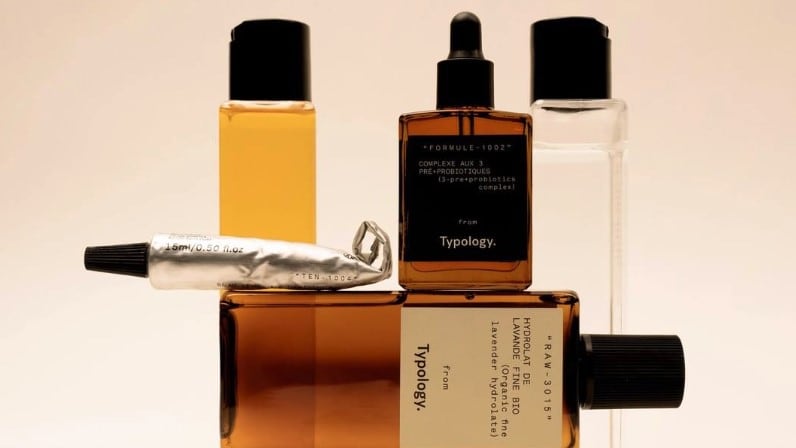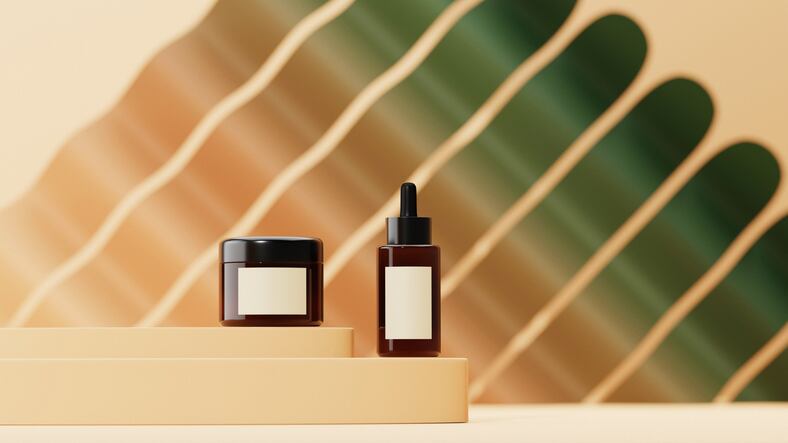The ongoing COVID-19 pandemic had created seismic shifts in beauty consumption over the last year, shaping the very nature of what brands and retailers now had to offer consumers. And ‘Push for Progress’ – working towards environmental and social good – had been identified as one of five ‘big ideas’ set to define beauty consumption in 2023, according to forecasting firm WGSN.
A push for beauty to be ‘more ethical, more inclusive and more sustainable’
“In 2023, products will need to be fit to function in a trading environment where collective activism has increased and industry practices are being continually challenged on environmental and social grounds,” said Jenni Middleton, director of beauty at WGSN.
Speaking in an online webinar outlining WGSN’s Beauty Big Ideas 2023 report, Middleton said: “As we put the turmoil of the pandemic behind us and economies return to growth, consumers are going to want brands to act on the lessons they’ve learned in 2020 and 2021. Brands are going to have to seize the opportunity to reset or be held accountable as the beauty industry must recreate itself as more ethical, more inclusive and more sustainable.”
Future product development in beauty would have to pivot on processes that healed the world, she said, and were created by processes that boosted biodiversity and left no footprint behind.
“Now is the time for progressive transformation. …Products that give back to the environment, rather than just take less from it, will be expected as regenerative design becomes the norm. Businesses must protect the planet for future generations and the future of beauty too,” she said.
Technology to track and prove ‘much-needed radical change’
And widescale beauty brand and retail participation in these causes, Middleton said, would become an absolute given in the next two years.
“In 2023, a brand that doesn’t participate positively won’t participate at all. As beauty consumers look to invest in products that support their needs and the needs of others, standing for something other than the bottom line will propel brands to the forefront of much-needed radical change. And complete transparency will be non-negotiable.”
Supply chain tracking that enabled industry to “securely and efficiently prove their actions” – on a local and global level – would be “essential for all businesses” moving forward, Middleton said. And blockchain technology would be central to achieving this, she said.
Middleton previously spotlighted blockchain technology as critical for the beauty industry amidst the ongoing COVID-19 crisis where safety fears amongst consumers had soared.
“Now, this is going to become an industry blueprint and it’s going to empower brands to become more trusted in an increasingly discerning and increasingly interrogative society,” she said.
Economic and environmental reasons to propel ‘frugal’ beauty
Beyond minimising planetary impact through smart product design and transparent supply chains, Middleton said the ‘less is more’ approach would continue to rise in importance. Indeed, ‘Embracing Frugality’ was WGSN’s second big idea prediction for 2023.
“Now, this isn’t about creating the cheapest price tag product, it’s actually about enabling consumers to reduce their consumption and be more sensible and responsible in what they consume,” she said.
And frugal beauty consumption would be propelled by economic constraints linked to COVID-19 as well as environmental concerns, she said. “This is about buying less but buying better. So, still getting the same value, the same benefits from your product but actually needing to buy fewer products in order to achieve it.”
For beauty brands, this opened opportunities for multi-functional products such as integrated cleansers and moisturisers or offerings that plugged the ‘skinimalism’ trend, she said, though “efficacy and efficiency” would be crucial to success.
“Products with proven results will be the new measure of value for money, irrespective of price tag. While products that enable sustainable consumption will be in high demand,” Middleton said.
Futurologist Helga Hertsig-Lavocah previously identified reductionism as a key future trend for the beauty industry in its push forward with sustainability, where manufacturers and retailers worked to scale back offerings with innovative product concepts and alternatives.




